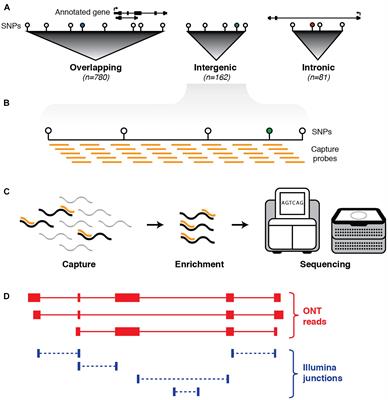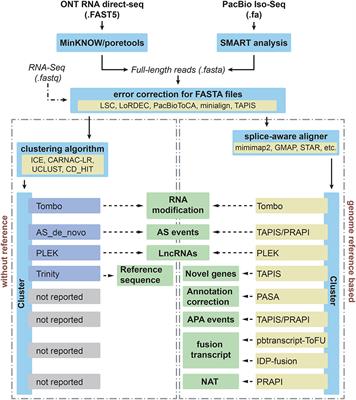ORIGINAL RESEARCH
Published on 24 Sep 2019
Multiple Long-Read Sequencing Survey of Herpes Simplex Virus Dynamic Transcriptome
doi 10.3389/fgene.2019.00834
- 7,088 views
- 40 citations
20k
Total downloads
83k
Total views and downloads
ORIGINAL RESEARCH
Published on 24 Sep 2019
REVIEW
Published on 16 Aug 2019
ORIGINAL RESEARCH
Published on 23 Jul 2019
ORIGINAL RESEARCH
Published on 19 Jul 2019
ORIGINAL RESEARCH
Published on 12 Apr 2019

REVIEW
Published on 21 Mar 2019
